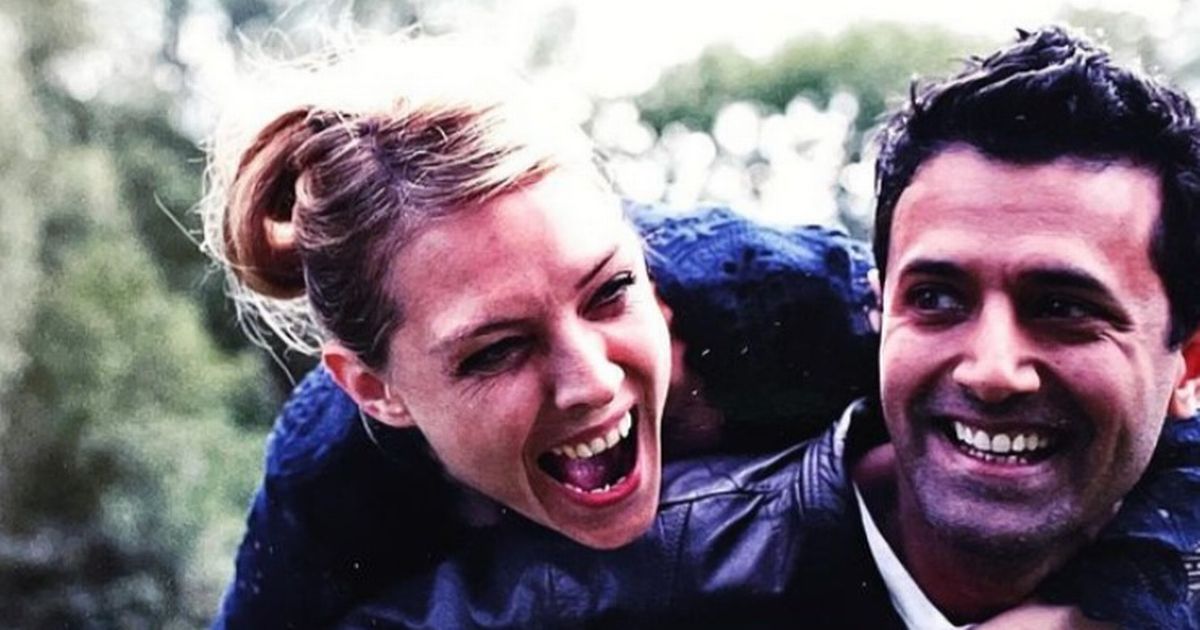The world’s largest music company, Universal Music Group, is asking major streaming services like Spotify and Apple Music to block artificial intelligence companies from using its music to “train” their technology, according to a recent report in Financial Times.
Confirming the report, a UMG spokesperson told the FT: “We have a moral and commercial responsibility to our artists to work to prevent the unauthorized use of their music and to stop platforms from ingesting content that violates the rights of artists and other creators. We expect our platform partners will want to prevent their services from being used in ways that harm artists.”
The process involves the AI companies uploading copyrighted music from the platforms into their technology and thus enabling the bots to digest the lyrics and music and then essentially create songs or melodies in those styles. Among countless recent examples, David Guetta recently used ChatGPT to add a rap from an AI-generated Eminem to one of his songs, although he has apparently managed to sidestep copyright issues by not releasing the song; the real Eminem is a Universal artist, and the use opens up a whole new realm of copyright issues. AI could now create a song that sounds like a Taylor Swift song sung by Maroon 5, or presumably even something like a Celine Dion hit rendered by Napalm Death.
UMG has been sending takedown requests to the streamers “left and right,” FT quoted an unnamed source as saying.
“We have become aware that certain AI systems might have been trained on copyrighted content without obtaining the required consents from, or paying compensation to, the rightsholders who own or produce the content,” the company said in an email from last month, according to the report. “We will not hesitate to take steps to protect our rights and those of our artists” The website drayk.it delivered users a custom Drake song, although it has since been shut down.
Yet the biggest project in the area is Google’s MusicLM, which can generate music from any written description, and ingested 280,000 hours of music, according to a research paper quoted in FT. However, Google has not released the product after researchers flagged a seemingly very obvious “risk of potential misappropriation of creative content”; such issues were found in approximately 1 per cent of the music the app generated. Google is continuing to develop the project.
While AI has been present for many years, the launch of ChatGPT last fall threw multiple unresolved copyright issues to the forefront of the music industry, which has been mobilizing to address them in recent weeks. Last month, more than 40 organizations — including the Recording Academy, the National Music Publishers Assn. and the Recording Industry of America — launched the Human Artistry Campaign, a coalition “to ensure artificial intelligence technologies are developed and used in ways that support human culture and artistry – and not ways that replace or erode it.”
UMG declined Variety’s request for further comment; Spotify and Apple either declined or did not respond to requests for comment.
UMG, which controls about one-third of the global music market, has not shied away from using its market strength to draw lines in the sand. In 2016, Frank Ocean released a largely instrumental (and largely uninteresting) album on UMG’s Def Jam imprint that concluded his contract, then the following day released his critically revered “Blonde” album via on his own label via an exclusive deal with Apple Music. The move led UMG chairman Lucian Grainge to shut down all exclusives with individual streaming services and the practice has largely stopped.
Read More About:
Source: Read Full Article


